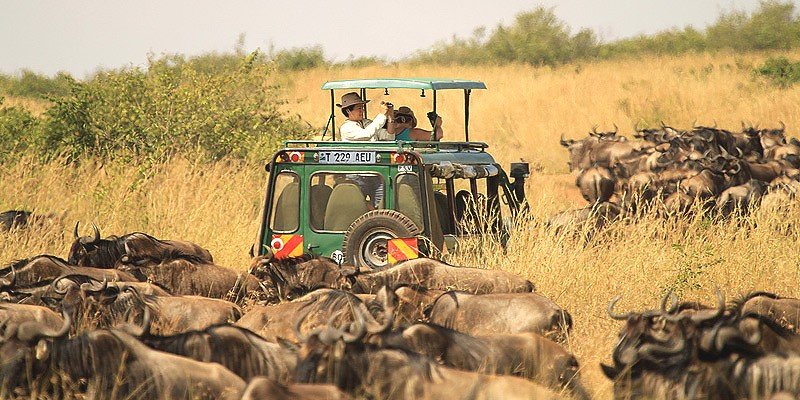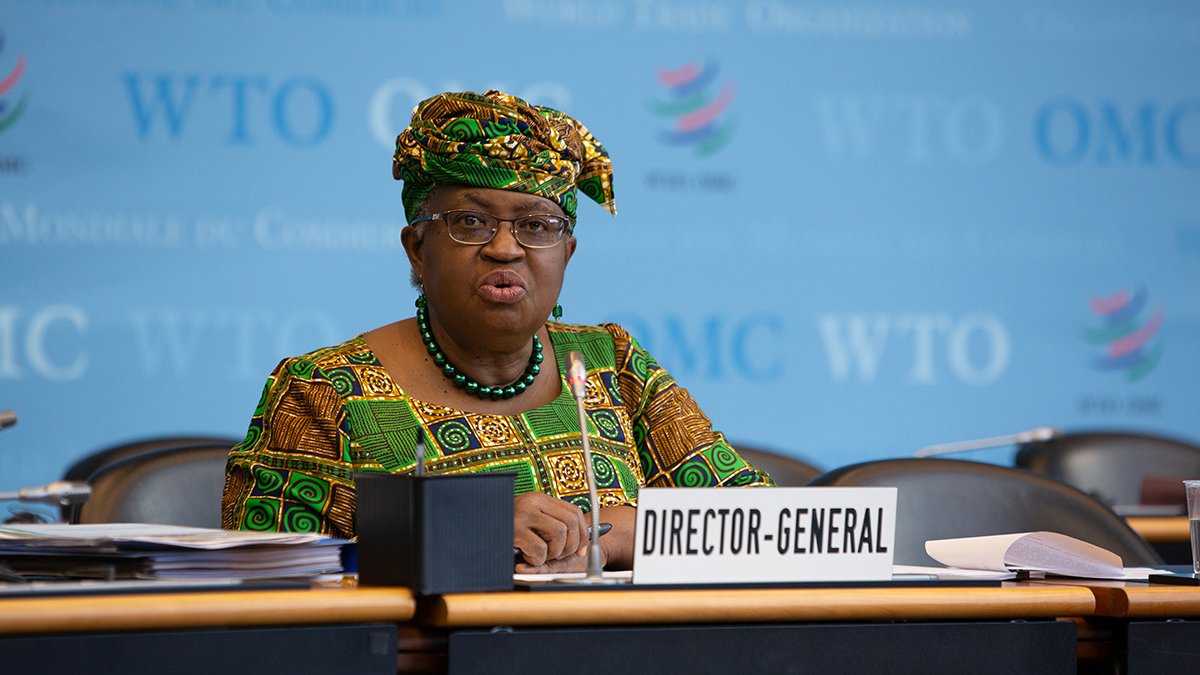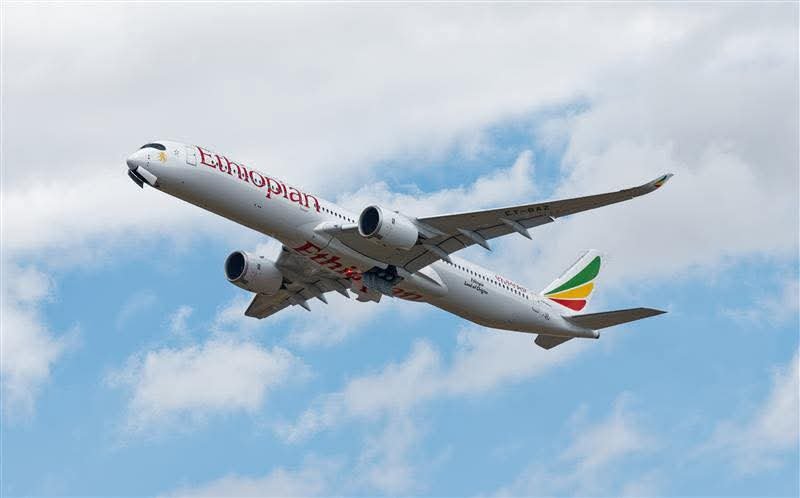
In a historic shift, tourism has officially overtaken gold as Tanzania’s leading source of foreign exchange, according to the latest data released by the Bank of Tanzania. The report, covering the year ending May 2025, indicates that tourism brought in a record-breaking $3.92 billion, eclipsing gold, which earned $3.83 billion in the same period.
This development marks a significant milestone for the East African nation, long regarded for its mineral wealth. It also signals the growing strength and diversification of Tanzania’s economy, with tourism emerging as a critical engine for growth, employment, and sustainable development.
Strong Recovery and Strategic Gains
Tourism revenue grew markedly from $3.63 billion in 2024, showcasing a robust post-pandemic recovery and enhanced international appeal. Government officials and industry analysts attribute the sector’s growth to multiple factors, including strategic marketing campaigns, visa reforms, improved infrastructure, and increased global air connectivity.
“This is a proud moment for Tanzania,” said Dr. Hassan Abbas, Permanent Secretary at the Ministry of Natural Resources and Tourism. “It reflects years of investment, innovation, and commitment to positioning our nation as a world-class tourist destination.”
Tanzania is home to iconic destinations such as Mount Kilimanjaro, the Serengeti National Park, and Zanzibar’s pristine beaches, which collectively draw millions of visitors annually. The 2025 data suggests that the country received over 1.9 million international arrivals, driven by both leisure and eco-tourism.
Gold Still Holds Value
Despite being dethroned, gold remains a vital contributor to Tanzania’s economy. The $3.83 billion generated from gold exports is a testament to the mining sector’s continued relevance. Analysts note that fluctuating global gold prices and production costs may have contributed to the slight dip in earnings.
“Gold remains essential to our trade portfolio,” said a senior official from the Ministry of Minerals. “But the rise of tourism shows that we are broadening our economic base, which is healthy for national resilience.”
Sectoral Impact and Employment
Tourism is also one of the largest employers in Tanzania, supporting an estimated 1.6 million jobs, directly and indirectly. This includes roles in hospitality, tour operations, transportation, food services, and conservation.
“We are witnessing a transformation where local communities are increasingly involved and benefiting from tourism,” said Neema Mkali, a tourism development expert in Arusha. “Cultural and community-based tourism are booming, giving people a stake in preserving heritage and biodiversity.”
Government Commitment and Vision
President Samia Suluhu Hassan’s administration has been praised for its commitment to tourism development. Since 2021, her government has implemented a series of reforms aimed at attracting foreign investment and boosting tourism flows.
Initiatives such as the “Royal Tour” documentary, infrastructure investments in airports and national parks, and promotion of digital services have played a role in amplifying Tanzania’s global image.
The Ministry of Natural Resources and Tourism has also launched a “Visit Tanzania 2030” roadmap, aiming to draw 5 million tourists annually by the end of the decade, potentially generating over $6 billion per year in revenue.
Regional and Continental Implications
Tanzania’s tourism success sets an example for other African countries aiming to diversify away from resource dependence. With the African Continental Free Trade Area (AfCFTA) and growing interest in intra-African travel, the country is well positioned to become a regional tourism hub.
Commenting on the Bank of Tanzania report, UN Tourism Africa Coordinator Dr. Lindiwe Mahlangu said, “Tanzania’s rise in tourism revenue shows what is possible when natural assets are matched with visionary leadership and strong partnerships. It’s a continental success story.”
Looking Ahead
As tourism takes the lead in Tanzania’s economic landscape, challenges remain—such as climate change, wildlife protection, and ensuring inclusive benefits for all Tanzanians. However, the sector’s performance in 2025 confirms its potential as a long-term pillar of prosperity.
With continued investment, innovation, and sustainable practices, Tanzania is on track not only to maintain tourism as its top foreign earner but also to redefine its global identity beyond minerals—to that of a vibrant, culturally rich, and ecologically conscious destination.







